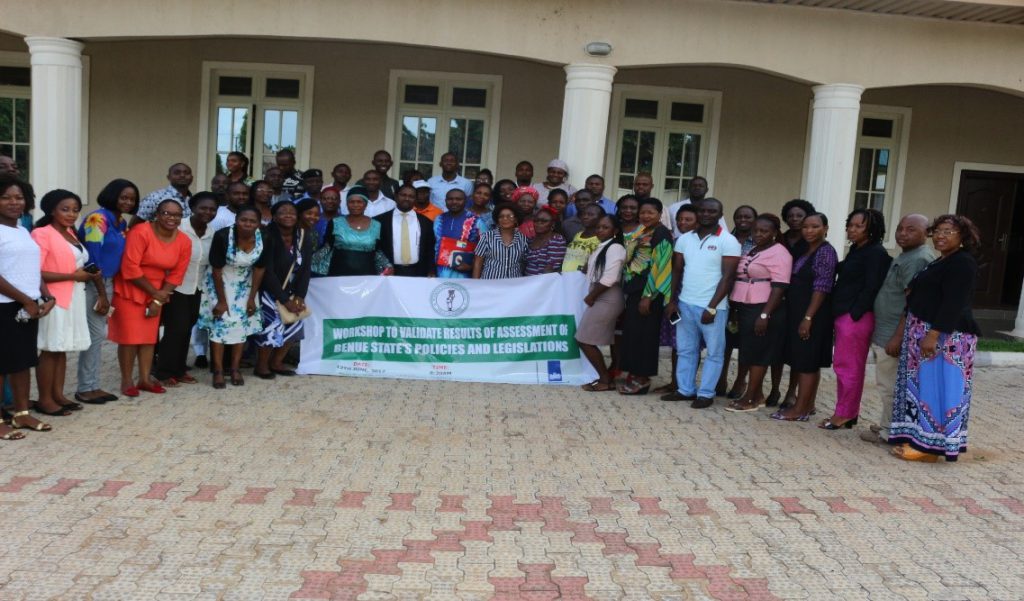
WEP ASSESSES GENDER-RESPONSIVENESS OF BENUE STATE POLICIES AND LEGISLATIONS
Supported by the Kingdom of Netherlands, Women Environmental Programme (WEP), carried out assessment of policies and legislations of Benue State, to ascertain how well these policies and legislations have addresses gender issues and how well they will contribute to the actualization of Sustainable Development Goals (SDGs). This is part of the activities under her project “Ensuring Effective Implementation of Programmes, Policies and Legislations, that Contribute Towards Achieving Gender Equality in Nigeria by 2030.”
WEP had in March 2017, engaged a Consultant, Barr. Justine Gbagir of the Justice and Rights Initiative to assess the gender responsiveness of the State’s policies and legislations, determine if they have gaps and proffer recommendations on how these gaps would be filled.
Some of the questions put in mind when assessing the policies and legislations were: does the policy or law prevents or helps to encourage cultural, religious and social practices that discriminate against women?; does the policy or law improves the economic situation of women?; does the policy or law makes easy the burden of domestic work on women?; does the composition of members of State’s Commissions deliberately indicate the number of women that should be on the Commissions’ boards?; does the policy or law takes into consideration the different needs of women, men, the aged and other vulnerable groups?; does the policy or law encourages or prohibits violence against women?; does the policy or law protects women’s rights from been violated by the husband’s family?
After the assessment of these policies and legislations, a one-day validation workshop was organized at Smile View Hotels, Makurdi, Benue State, on 12th June, 2017, where different stakeholders from the State were brought together to validate the result of the assessment.
60 Participants drawn from the Executive and Legislative arms of the State Government, Civil Society Organizations (CSOs), Non-Governmental Organizations (NGOs), Religious and Traditional Leaders, Media and the Academia participated in the validation workshop.
Immense contributions were received from the stakeholders to enrich the report of the assessment after which it was validated.
Here are some of the legislations reviewed and what was found:
- Benue State Agricultural Support Law (CAP.5) Laws of Benue State of Nigeria, 2004. Section 4(2) provides for membership of the Project Implementation Committee. Provision is not however made to ensure the representation of women on the Committee.
- Education Law (CAP.58) Laws of Benue State of Nigeria, 2004. The law is aimed at providing for the management of education in Benue State. Section 4(1) provides for an Advisory Council on Education in the State. The section provides that “members of the Council shall consist of a Chairman and 16 other members representing each of the following interest in the state…” No mention is however made of women representation in the Council. Again, Section 12(1) (f) provides that four other persons should be appointed from the Community in which the school is situated. There is no indication that any of the 4 persons should be a woman.
- Benue State Hospital Management Board Law (CAP.79).Laws of Benue State of Nigeria, 2004. Section 4(1) provides for the composition of the Board to include a part time Chairman, a Secretary, 4 other persons. The law however does not indicate if any of the 4 persons should be a woman.
Detail report of this assessment will be made available soon.


